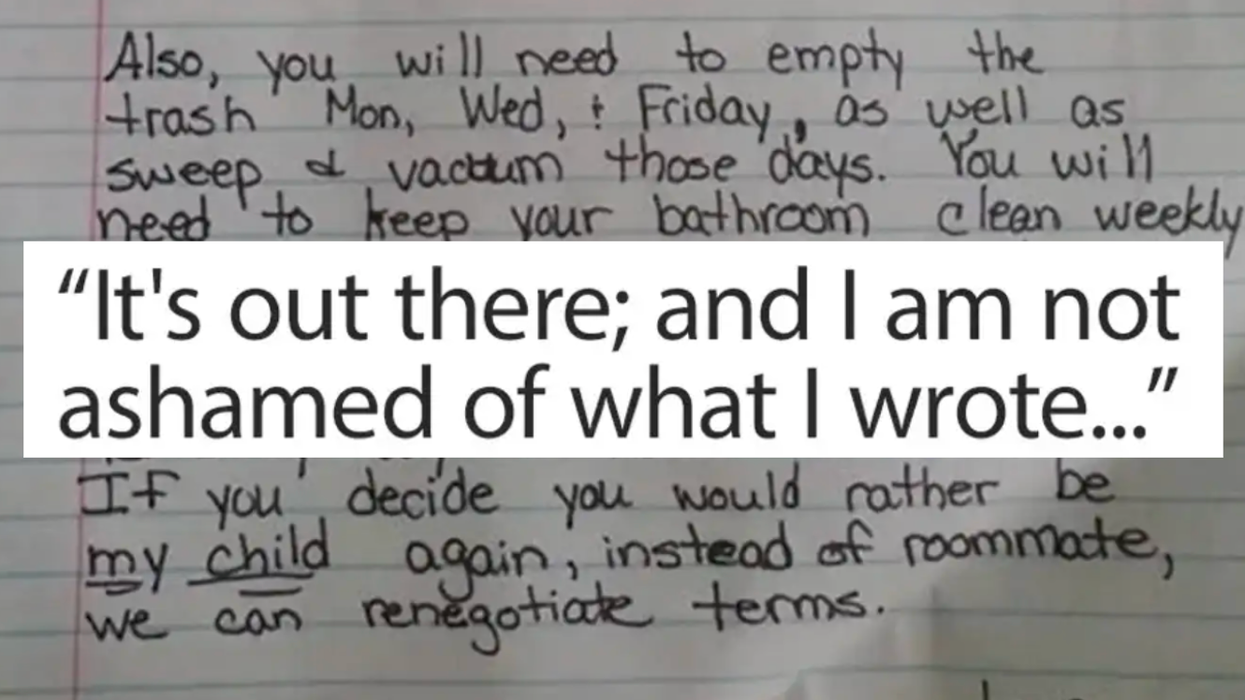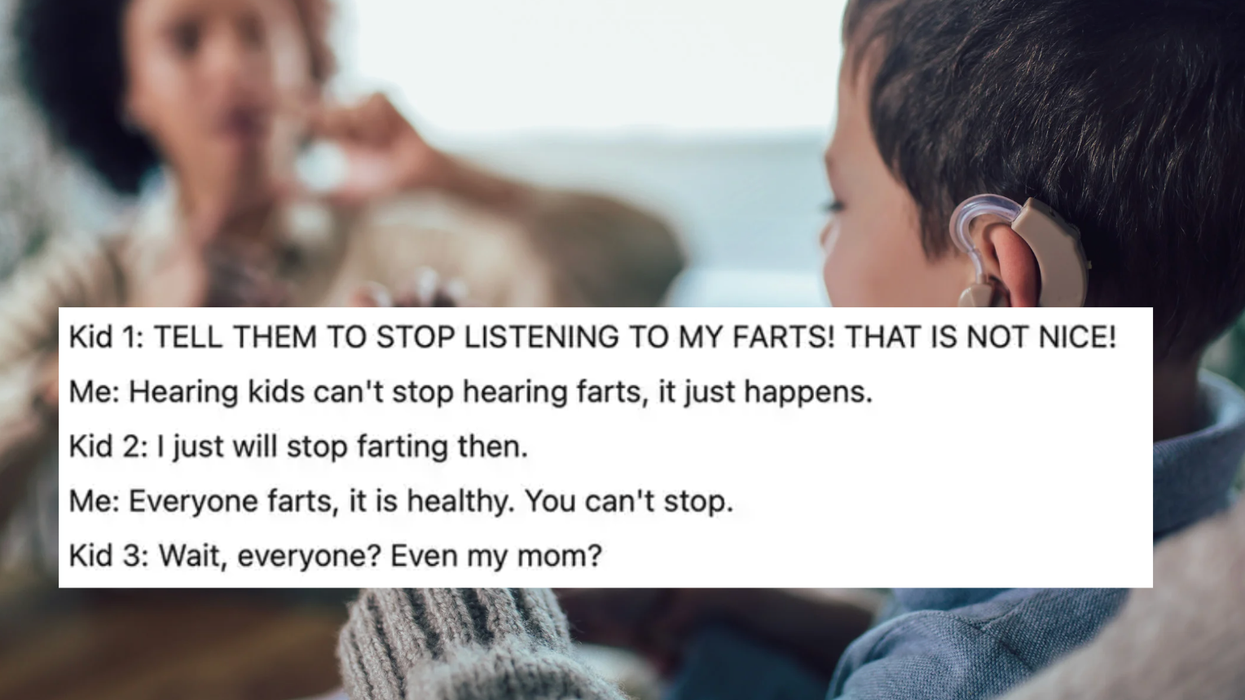When Venezuelans went to the polls on Sunday, December 6, to elect all 167 members of the National Assembly, they voted to hand parliamentary control to Democratic Unity, an opposition party aligned against President Nicolas Maduro’s United Socialist Party. Created in 2006 by the late president Hugo Chavez, the now-defeated socialist party—Partido Socialista Unido de Venezuela, or PSUV—merged various like-minded parties under one flag, and was accused of intimidating opposition, curtailing the free press and spreading Big Brother-esque Chavismo propaganda. So Democratic Unity and voters’ victory over PSUV doesn’t just represent a reaction to a flagging economy, but also signals growing general opposition to the socialist party’s strong-arm politics.
This victory for Democratic Unity (also called MUD Unity) comes amid accusations that PSUV was intimidating opponents, with one opposition politician, Luis Diaz, killed in a drive-by shooting at a November 5 election rally. The vote for Democratic Unity also overcame PSUV’s alleged efforts, through the National Election Board (Consejo Nacional Electoral, or CNE), to confuse voters at the ballot box. For example, another party, MIN Unity, chose a candidate named Ismael Garcia, a 28-year old parking attendant with no known political background, who has the same name as Democratic Unity’s candidate. MIN Unity was also allowed to remain on the ballot despite using a very similar party logo and slogan as Democratic Unity, leading activists and opposition groups to call foul.
Those both in and outside the country, including President Maduro, knew PSUV stood to lose big. And yet, several years ago a defeat like this would have seemed highly improbable for the entrenched party. To get some perspective on Venezuela’s National Assembly elections, GOOD spoke to several activists, a political scientist, political analysts, and artists to get their thoughts about PSUV’s loss and Democratic Unity’s victory.
Artist and activist Helena Acosta is a member of art activist group Dismantling the Simulation, creators of the augmented reality app Hack De Patria, which attempted to expose the truth behind Chavismo propaganda. Acosta calls the win a very exciting and happy moment for Venezuelans.
“Now the real work just begins. [Democratic Unity’s elected candidates] have a big responsibility on their shoulders and it isn’t going to be an easy task to initiate the change the country needs,” Acosta says. “The economic crisis is deep and complex—a crushing economic situation, food shortages, high crime rates, and an expectant population. Still, after 17 years people lost their fear and we have gained momentum. On the other hand, it’s now up to the opposition to implement economic measures and they might not be the most popular ones.”
Acosta says the socialist party’s campaign wasn’t run fairly. As she and many others see it, the reigning government used public infrastructure, funding, and the media to promote its candidates. It also sowed fear by warning of a loss of “all benefits” and even “peace” in the case of an opposition win. In this context, she believes the opposition’s victory was an accomplishment of “epic proportions.”
“Maduro’s administration is having an image crisis—rampant corruption and even the potential link of some of its key officials with drug trafficking are shadowing its leadership, resulting in a popularity tailspin among its followers,” Acosta says. “The elections show us that if we work together concentrating efforts in common strategies, respecting differences, working close to people and building bonds of trust, a new democratic model can arise, one based on results instead of loyalty.”
Acosta also points to the role of social media as a tool for citizens to stay informed and communicate ideas. “The internet has turned into the main communication platform, our connection with the world around us, in these days of self-imposed censorship,” she adds.
Venezuelan political analyst and Acosta’s fellow Dismantling the Simulation collaborator Rafael D’Armas characterizes the victory as a surprising, complex story straight out of South American magical realism.
“Few people know that the concept of magical realism was invented in Venezuela,” D’Armas says. “What happened on Sunday is not far from a new chapter in the troubled, exceptional and extraordinary novel of the Bolivarian Revolution. For the first time in the country’s history an election has the potential to completely change the structure of state power.”
D’Armas says that unlike the Chavez or Maduro governments, the new government’s power is “atomized” amongst a coalition of more than 20 parties covering the entire political spectrum. But, he cautions, the content and form of this coalition are yet to be seen.
“There is no guarantee that they will not take advantage of a permissive political system, designed to give those who are in power all the advantages to exercise and enjoy the perks of being in control,” he says. “However, the main lesson of the last election is that people are active and relentless in their desire to exercise their rights. And the agility of the [social media] world is ready to motivate, mobilize, and break the communication hegemony that the government has built over 17 years.”
Nelson Acosta Espinoza, a political scientist and founder of the digital platform of Observatorio Venezolano de las Autonomias, says both the socialist and Democratic Unity parties are facing a very interesting situation. The two parties must shift from standing against each other and take strategic positions to mutually overcome the economic crisis: a transition by political transaction, in the language of political science. Espinoza says no one knows if this approach is possible within the parameters of the current political culture—it all depends instead on the wisdom of the political classes. If they fail, the political situation will become dangerous. But he’s hopeful that Venezuela’s democratic culture will impose its own logic.
Artists and activists Violette Bule and Gina Monc both agree that the Venezuela post-election situation is delicate. While it was a positive step to see the National Election Board forced to admit MUD Unity’s triumph, Bule wonders if the party can maintain its coalition, which comprises more than a dozen constituent parties.
“Will the MUD manage to stay united?” Bule asks. “And now that it will start exercising its power, will the MUD take action to rebuild the country horizontally with its decision-making, or will personal interests once again be the downfall of what has taken 17 years to achieve?”
“It took the opposition 17 years for [PSUV] to organize themselves, and in 17 years all the morals of a country that were underestimated by its rulers have been exhausted,” she adds. “Ironically, it’s due to this that victory was achieved; due to the efforts of all those who have fought to dismantle the false revolution that played with the needs of a country that has been run down.”
Before the victory, Monc and others she knew worried about the impartiality of the National Election Board. She says the general population had a “strange feeling” after the voting centers were closed. Indeed, despite polls predicting a MUD Unity victory, many feared the official results. Whereas Chavez had played the “strong man role” well, making the victories “believable,” Monc says Maduro’s slim 2013 victor in an unfair campaign devastated voters.
“Without any doubt, all my friends were very pessimistic about the outcome, thinking ‘Here we go again—[the Chavistas are] not going to let this happen,” Monc says. “So when the opposition victory was announced, we felt that not only had we won a political race, but we had defeated a state or government that had been conspiring against our right to decide for a while. It was like bliss, a refreshment, in the form of justice.”
While Monc believes that that this weekend’s victory had an important effect on the morale of Venezuela, she says that even now the Chavismo government is doing anything it can to affect public perception of the country’s morale.
“In fact, they already started—they are using their control over media to launch a campaign of fear,” she says. “Just the other day, Jorge Rodriguez, the mayor of the Libertador Municipality of Caracas, announced that he is ready to go to the streets ‘with the people’ should ‘the right’ take any actions to affect the benefits the revolution has given to the people.”
When Rodriguez was asked his opinion about the election results, as Monc explains, he said, “We recognize the results, but it is not the opposition who won—the winner of this election was the economic war!” Within hours of MUD Unity’s victory, Monc says, television broadcasts on various networks began alerting people about the right’s supposed neoliberal intentions.
“This, in my opinion, is a very bad sign [because] we see a government playing politics, claiming that they are a victim of an economic war, something that according to polls less than 30 percent of the people believe,” Monc says. “What the high participation of 74 percent [of voters] is telling analysts is that people voted with a sense of urgency [because] the situation is chaotic—poverty has increased to levels [higher than] the one Chavez found and scarcity of food will hit a new low during the first quarter of 2016.”
Monc believes that MUD Unity has a mandate. But if there is too much compromise, the population’s patience might evaporate. And as she indicated, the Chavista socialists are showing no signs of giving up. Their strategy may well be to wait for things to get worse, then come to the rescue and blame the opposition for economic collapse. And after the Venezuelan’s National Assembly victory, this would be the most demoralizing outcome imaginable.
















 Otis knew before they did.
Otis knew before they did.